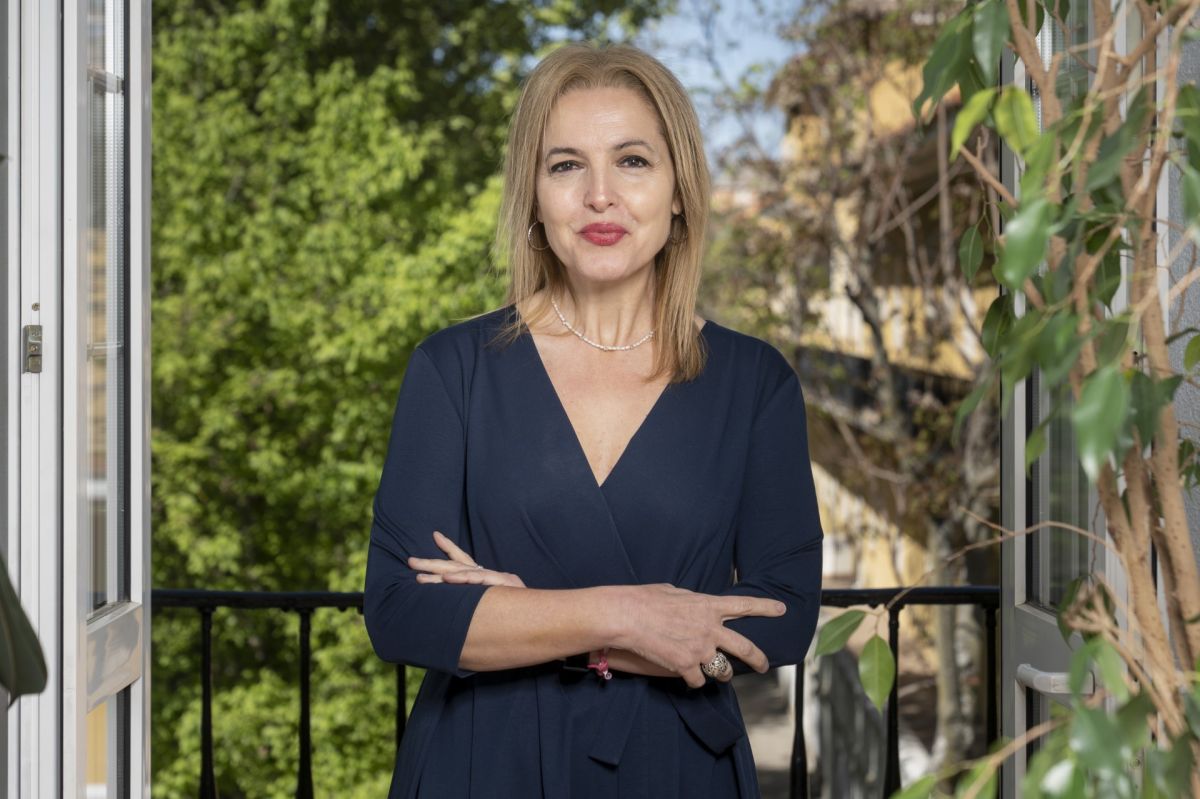Receiving an organ transplant does not cause disability, but “the drugs do” because treatments to avoid rejection are immunosuppressive and ultimately affect the immune system. This was confirmed by Eva Pérez Bech, president of the National Federation of Liver Patients and Transplants (Fneth), who received a liver transplant 28 years ago.
The treatment necessary after receiving a transplant will be one of the topics discussed at a high-level meeting promoted by the National Transplantation Organization (ONT), taking place this Thursday and tomorrow Friday in the city of Santander, bringing together the world’s greatest Donation and transplant experts have drawn up a roadmap for the next 10 years, coinciding with Spain’s Presidency of the Council of the European Union.
The summit, with the motto “Towards a global consensus on transplantation: availability, transparency and registration”, will end with the Santander Declaration, which, in addition to addressing challenges and possible solutions in this health sector It will reflect the leadership of the Spanish government. Transplant models and donations around the world.
During the two days, experts discussed various aspects related to transplantation such as the role of the patient, donation and transplantation around the world, transplantation in the United Nations Sustainable Development Goals, transplantation as part of a resilient health system, reduction of donations Differences in aspects, public transplants, etc. Issues such as private alliances or how to combat organ trafficking.
In this sense, ONT Director Dr. Beatriz Domínguez-Gil said in a statement to Servimedia that through this meeting, in which all European countries are represented, they also “want to remind political decision-makers of the importance of including donation and transplantation in the health policy agenda” importance.”
spanish transplant
In fact, Spain is a world leader not only in transplants, but also in donations. To this end, Dr. Domínguez-Gil stresses, “Spain is the country with the highest rate of deceased donation.”
The World Observatory of Donation and Transplantation’s 2022 annual report shows that Spain had 47 donors per million population (pmp) last year. Further away are France (25.8), Italy (25), Sweden (20.9), the United Kingdom (20.6) and Germany (10.4).
Given these figures, the ONT director noted that “the EU has an average of 20.9 donors per million of population. This shows that Spain has an advantage in terms of donations compared to other European countries.”
The same goes for transplant activity. In 2022, 115.3 organ transplants were performed in Spain pmp “France is second with 83.9 transplants, followed by the Netherlands with 82.5, Belgium with 81.8 and the Czech Republic with 81. The difference is huge, these are the ones with the most activity in this field European countries”.
Regarding the most frequent transplants, Dr. Domínguez-Gil assures that “kidney transplantation dominates in all countries because it is the most needed organ and the number of patients with chronic kidney disease is very high and continues to grow. In fact , it will become the fifth leading cause of death in the world by 2040.”
A kidney transplant is often followed by a liver transplant, followed by a transplant of chest organs such as the heart and lungs. In contrast, “pancreas or intestinal transplants are less common, which are very rare. Transplants of vascularized composite tissues such as the face, arms, legs, and uterus are being experimented with,” the ONT director said.

patient experience
The liver is the second most commonly transplanted organ, which reminds Eva Pérez Bech of her past. In a statement to Servimedia, he said he was “diagnosed with hepatitis B at the age of 11 and his condition rapidly worsened at the age of 27.” “I have been independent since I was 18, at a time when you think young people can do Anything. At 27, my life stopped and every day was worse than the day before and I could only move from the couch to the bed and from bed to the couch with the help of my husband,” she explained.
From this moment on, he recalls, hospital visits became more frequent and stays became longer. “In April, coinciding with the Seville Fair, I suffered a massive haemorrhage and was admitted to Santa Maria Rossio Hospital, where they told me that my only solution was a liver transplant. This was 1995 and there was nothing like today. Such progress.”
For this reason, he admits, “the transplant thing was just the stuff of science fiction. So I decided to go home and die because I only had a few months to live. In August, the phone rang and they told me , a compatible liver has reached me. My life has continued and I now have a 25-year-old son.”
“A transplant recipient cannot be cut off from the hospital because he is immunosuppressed,” said Chairman Fneth. “Medication must be taken for life to avoid rejection, which is immunosuppressive and ultimately affects the immune system. Therefore, you must Be very careful about getting infected as the flu can turn into pneumonia.”
However, he insisted, “the alternative was non-life.” Therefore, “I will be forever grateful to that family, unknown to me, who allowed a liver donation and thus prevented my death.”

